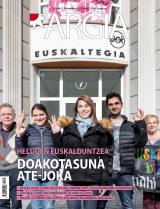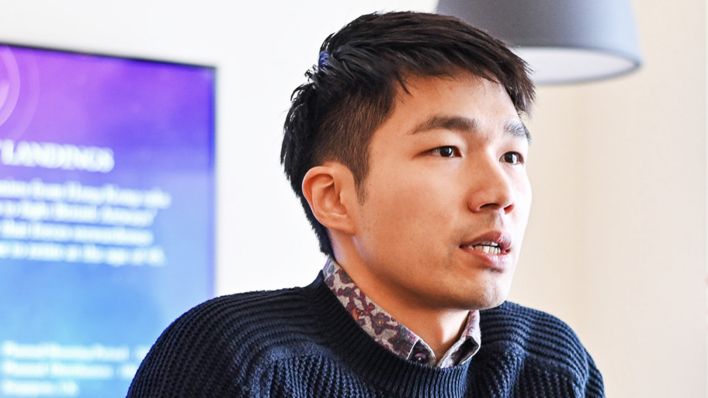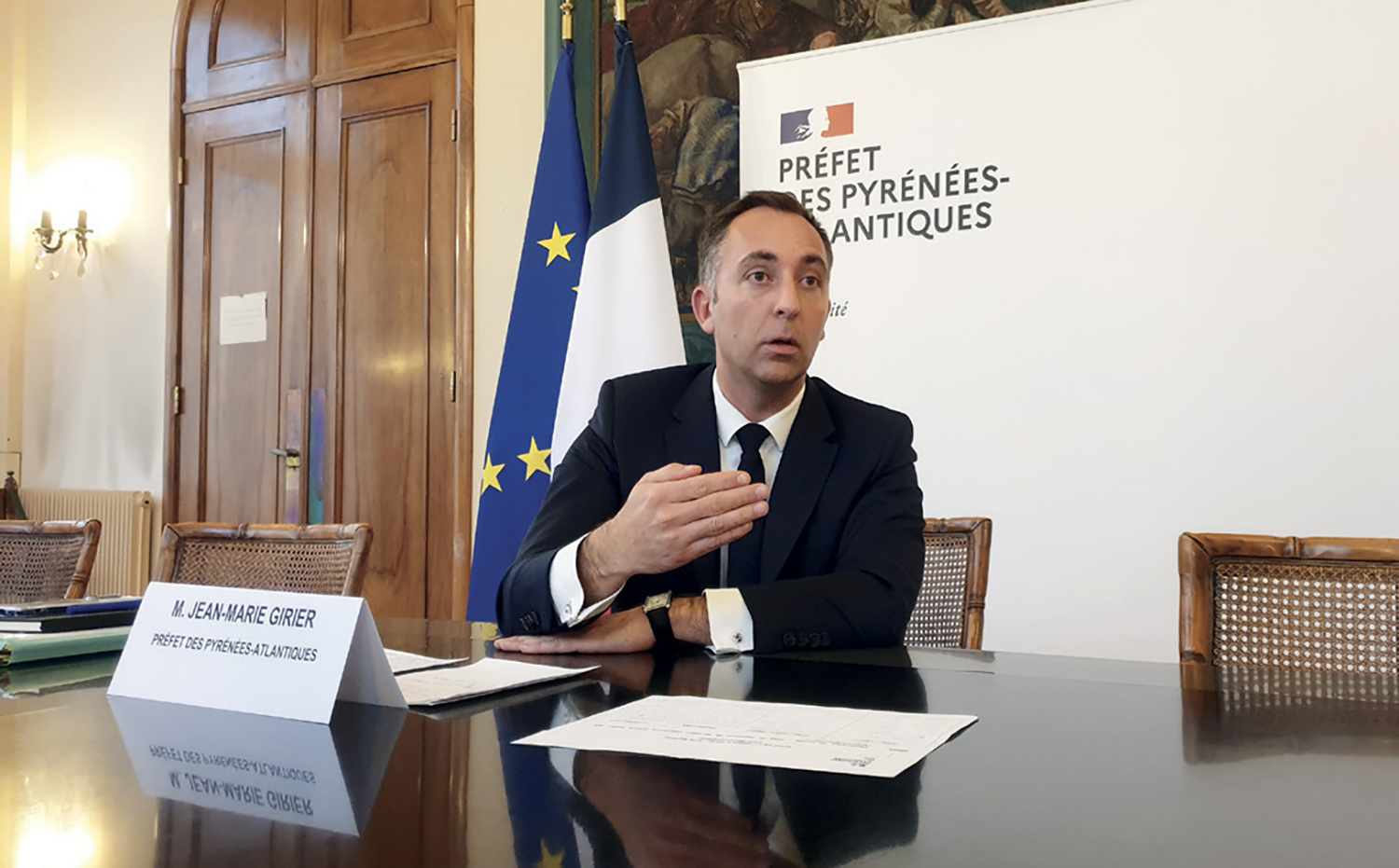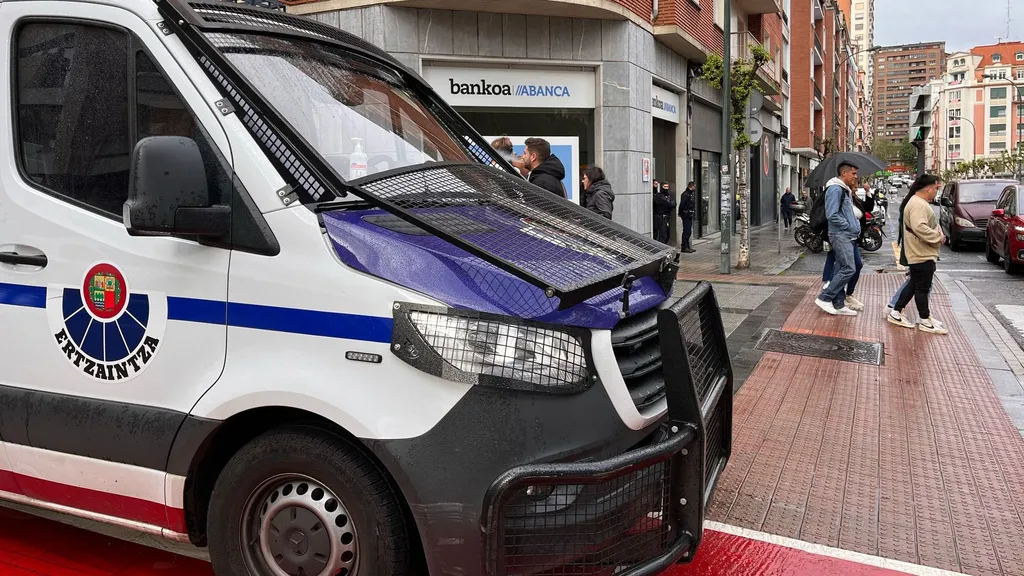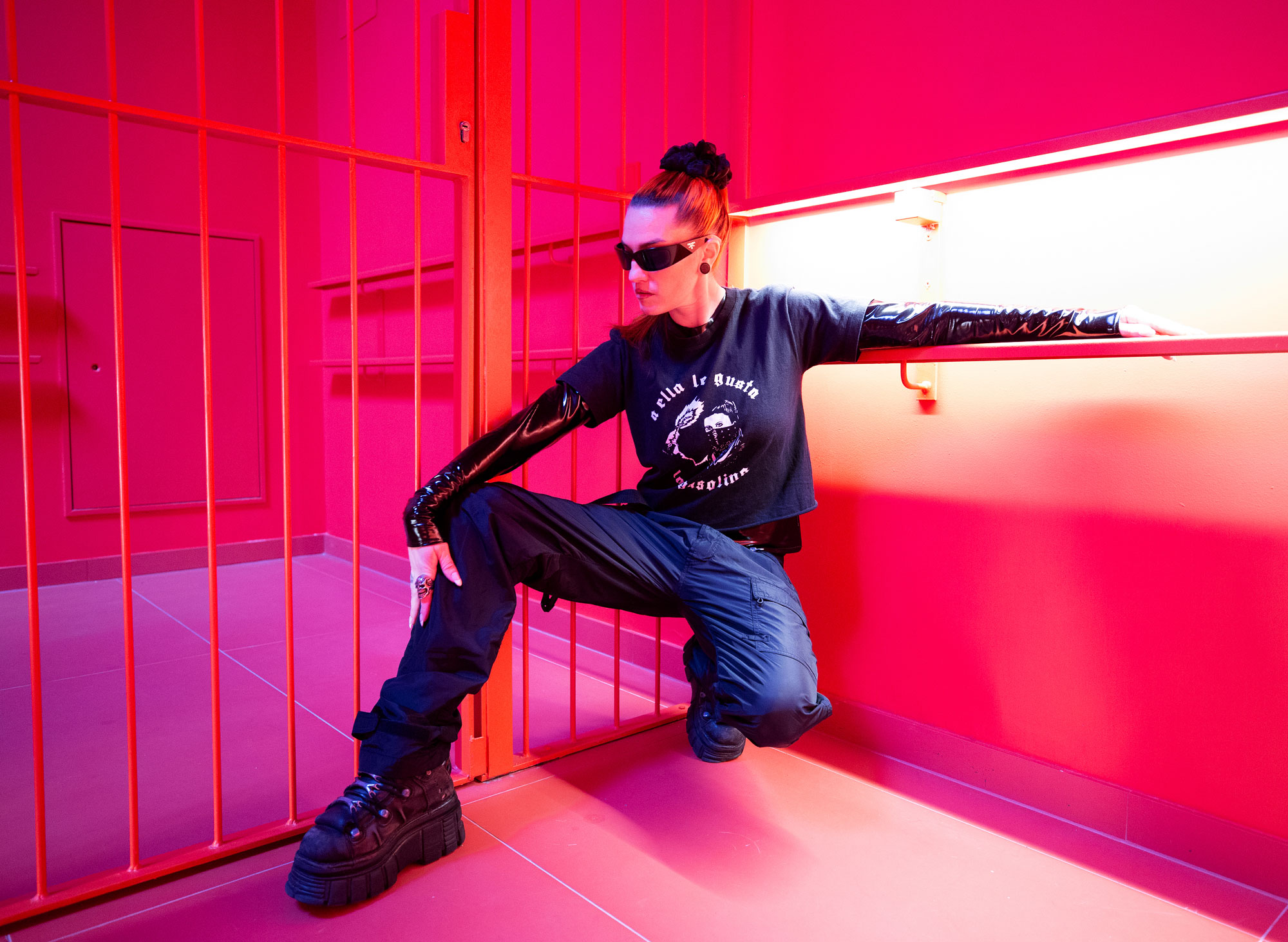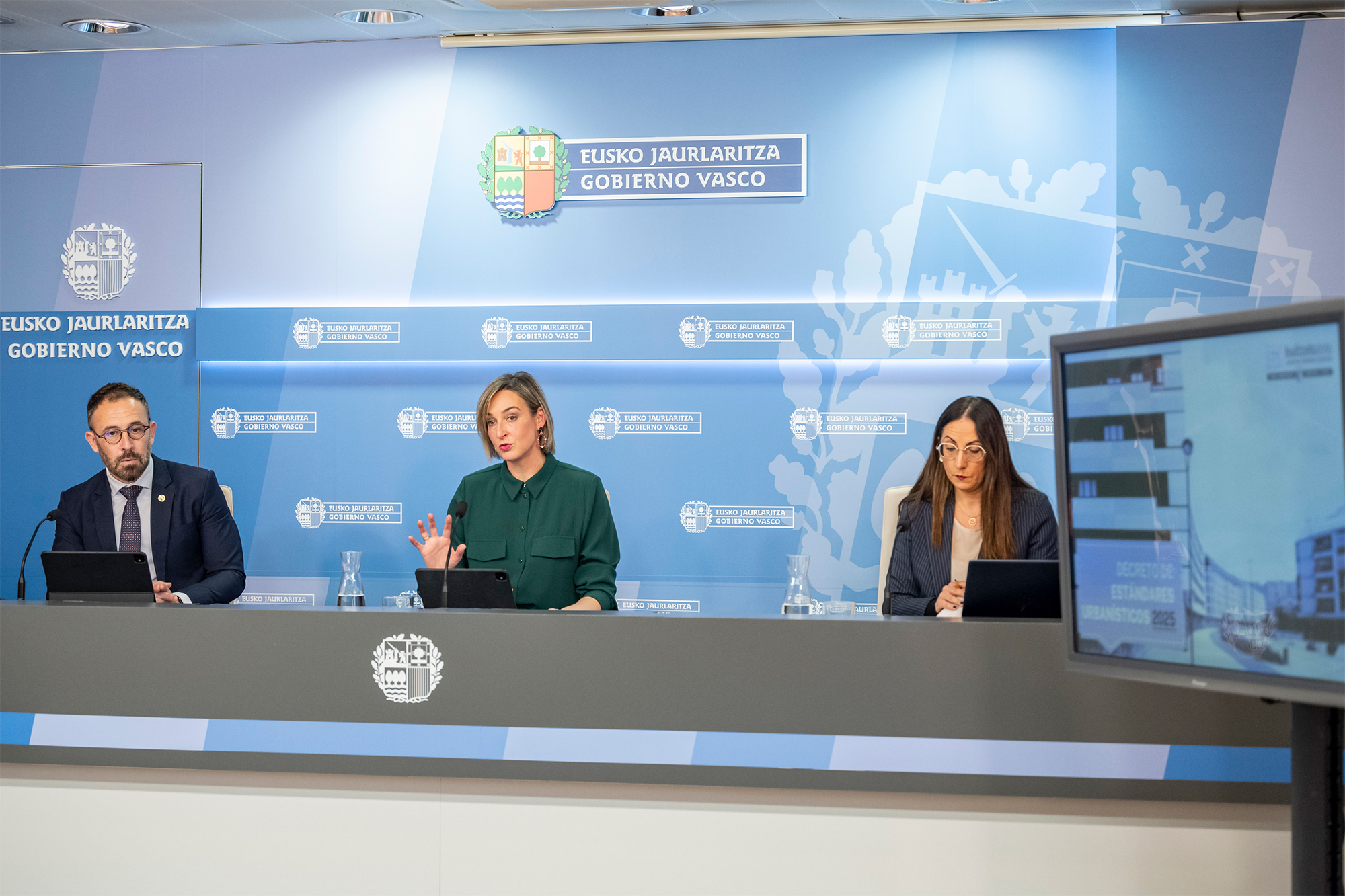Function and dynamics
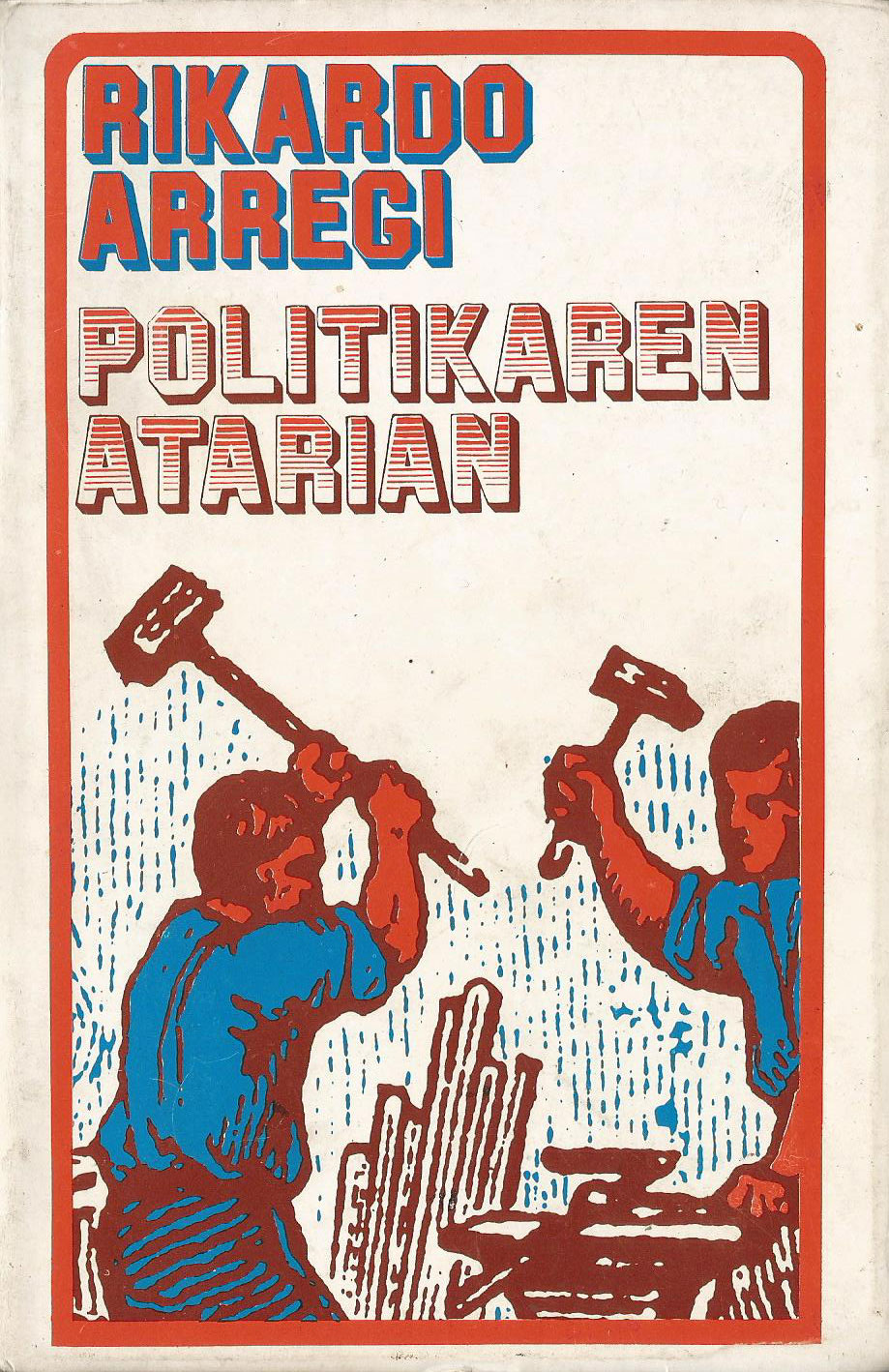
“Merleau-Ponty greatly impressed Rikardo Arrangi.” That's what you can read in Joxe Azurmendi's Orain gazte eroak. It gave me an impression. I do not know exactly why, perhaps because an author not exactly canonical, claimed by some (such as the philosopher Marina Garcés), was still reading contemporaneously in the 1960s. Beyond the journalism prize, Rikardo Arrangi, then comes the need to know him.
Why not start on the Politics portal with the first book, the postum. “It is the first to be done in Basque on political science,” according to the author. An invitation to start “learning what others have learned from us and thinking about the future.” “This book aims to be a portal”: first with the clarifications about the political word; second part with which we talk about politics; and finally, with the summaries of the political theories of some philosophers: Platon-Aristotele, Montesquieu, Hobbes and others, in total eight – it is a shame that there is not Merleau-Ponty. You can read some curious things about the authors: “Montesquieu likes to appear in all his books as a happy man.” But, in general, the ideas that reference thinkers use today: “The economy rejects politics and puts it in the background,” for example, says Michel Onfray in the Politique du rebelle.
The book began a new section of the editorial Lur. The series was the idea of Rikardo Arrangi himself: “To draw leaflets from some 100 countries, in an informative way, about the current culture”; “that have not, from the point of view of the substance, been a step backwards in the situation of the current Basque culture”. Without discarding any resources for this (“We will not be afraid of plajification”). These ideas were reflected in a preamble that brings the book, “The Problem of the Basque Book”, to which Martin Ugalde gave almost more importance in the criticism of 69 than in the following text.
“We have to dare to walk and not canonize the steps we have taken.” It would be the first lesson of Rikardo Arrangi, Joxe Azurmendi, witness of the people, as he says in the second posthumous book: “Rikardo wanted to educate the people and educate them more as a teacher and colleague than as a teacher. Education, not just propaganda. Not teaching him alone. Rikardo worked at the beginning of a working day, has left us the task and the dynamics, and Rikardo is alive there.” His brother Joseba also confessed, in a ETB edition: “Among all of us he was the fastest” – and he has the merit, because Joseba has been very fast, if he doesn’t change his jacket. With Azurmendi, to finish: “We follow it, but beyond it.” n
49 urte preso pasa ondoren, libre utzi dute Leonard Peltier AEBetako ekintzaile autoktonoa. Otsailaren 18 honetan heldu da bere senide eta lagunen artera 80 urte dituen preso-ohia.
In the Maszycka cave in Poland, remains of 18,000 years ago were found at the end of the 19th century. But recently, human bones have been studied using new technologies and found clear signs of cannibalism.
This is not the first time that a study has reached this conclusion,... [+]
Porzheim, Germany, February 23, 1945. About eight o’clock in the evening, Allied planes began bombing the city with incendiary bombs. The attack caused a terrible massacre in a short time. But what happened in Pforzheim was overshadowed by the Allied bombing of Dresden a few... [+]
On February 3rd, the time has begun to pre-enroll our children and young people in schools, and as every year we would like to remind you why we do not think it is a good idea to enroll them in religion. Last year we finished the article saying that “many of you will be... [+]
From the Association of Parents of the Instituto Arratia Small Tram we want to encourage reflection on the use of screens in the learning community.
Lately there is a lot of concern about the impact of screens on children and adolescents. This responsibility extends from... [+]









